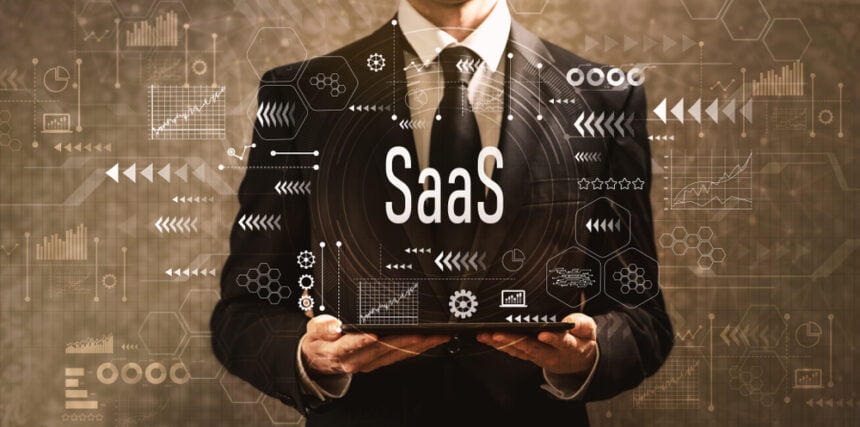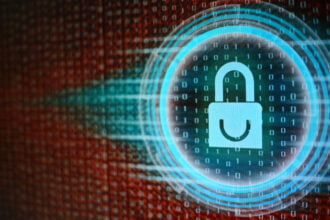The software-as-a-service (SaaS) model has been increasingly gaining popularity with enterprises. As internet connections become speedier and more reliable, businesses and consumers turn to SaaS for its convenience and other advantages. Companies that evaluate the right metrics can create very viable SaaS business models.
Gartner projects that global public cloud end-user spending is set to grow by 23 percent in 2021 with SaaS as the biggest market segment, which is set to expand to a $122.6 billion market. The forecast for the succeeding year similarly points to a considerable expansion of up to $145.4 billion.
?As organizations mobilize for a massive global effort to produce and distribute COVID-19 vaccinations, SaaS based applications that enable essential tasks such as automation and supply chain are critical,? noted Gartner?s press release for the forecast. ?Such applications continue to demonstrate reliability in scaling vaccine management, which in turn will help CIOs further validate the ongoing shift to cloud,? it added.
SaaS and data security
No less than Moody?s Analytics supports the idea of using SaaS for data security. The financial intelligence and analytics company points out the many advantages of software-as-a-service solutions.
?With the right technology and best practices, SaaS can be far more secure than on-premise applications and the bank has many options for retaining control over the security infrastructure, such as the encryption of customer data,? writes a Moody?s Analytics article on SaaS security.
Data security deserves extra attention in light of the serious data breaches recently. In March this year, Microsoft reported a hack attack in its mail and calendar server program, which compelled the US government to issue a warning. In April, Facebook suffered a data breach that exposed the personal data of more than 500 million users. Also, just a few days ago, a Chinese game developer responsible for the Battle for the Galaxy video game accidentally leaked almost six million player profiles.
Cybercriminals are becoming more creative and persistent with their attacks especially involving data. Hence data security is a crucial concern that businesses must address, as the cost of a data breach has already reached $8.9 million (in the US) on average.
Also, data loss and theft are becoming more prominent as organizations move to the cloud. The right response to this is not to avoid the cloud, though. Instead, it is more practical and logical to be accustomed to the cloud setup and take advantage of cloud solutions to deal with threats and attacks.
SaaS advantages for data security
Many are already aware of the numerous advantages of SaaS solutions including cost-efficiency and scalability. However, only a few are likely acquainted with the data security advantages of software-as-a-service products. These advantages can be summed up as follows:
1. Leveraging a provider?s data security expertise and technologies
Using SaaS is like entrusting data to a third-party, as organizations allow their data to be stored in the servers of the provider. This may sound like a serious risk, but in the context of the availability of reputable and high-quality SaaS platforms, this is more of an advantage.
Not many companies, especially the smaller ones, are adept with the principles of data security. Even those that have their in-house IT teams are not always competent enough to tackle the most sophisticated and relentless cyber-attacks at present.
In other words, organizations get to leverage the data security experience, expertise, and advanced technologies of SaaS providers by using their subscription-based services. Businesses can focus their time and resources on more critical concerns and be assured that their data security is handled well by experts.
Most startups are unfamiliar with vital data security technologies such as SSL encryption, tokenization, permission-based access, and many more. Quality SaaS providers are expected not only to know these but also to offer these proficiently.
2. No maintenance required
SaaS providers take responsibility for all the technical aspects of using the solutions they offer. There are no complicated configurations required. Software maintenance and updating are also out of the question. Users are not necessarily blocked from tinkering with settings or configurations, but the general idea is that SaaS solutions are designed to be easy to deploy and use.
Software patching or updating is an essential part of ensuring security, as the patches or updates are intended to plug newly discovered loopholes or vulnerabilities that may facilitate data theft or corruption. Organizations tend to fail to regularly update their applications or software. As such, it is an advantage that somebody else is already handling all of these religiously.
3. Data backups and convenient access
Additionally, good SaaS platforms regularly create backups of customer data. If anything happens to the data stored in local devices, there are backup copies accessible online from anywhere and anytime. For instance, if a company is struck by ransomware, they could easily restore data from backups–like what happened to the recent cyberattack on JBS, which resulted in a meat supply problem for the United States.
SaaS helps boost business continuity not only by employing topnotch security controls but also through data backups that make it fast and easy to recover from serious data breaches. It is far from perfect, but it is remarkably better compared to not having serious data protection and backup measures.
However, it is important to bear in mind that being a SaaS solution does not always mean that it is automatically the better option. The SaaS category is not a badge of excellent software quality. It is still crucial to scrutinize options carefully.
Choosing the right SaaS solution
Not all SaaS solutions are created equal. Some are simply below par and incapable of delivering the benefits they purport to offer. That?s why it is a must to be meticulous in choosing software-as-a-service platforms, be it for the software used for operations or the SaaS for data security. As a Veracode whitepaper reveals, 75 percent of software from vendors and 63 percent of software developed in-house fail to comply with security standards.
The right choice is one that complies with minimum security standards such as the OWASP Application Security Verification Standard, HIPAA/HITECH, NIST 800-171, PCI DSS, and GDPR. It has to support transport layer encryption TLS 1.2 or higher at minimum, multi-factor authentication, and a sensible inventory and asset classification. Additionally, it should have a robust credential and key management, which includes API key rotation, the lack of hardcoding, and a policy of not sharing credentials.











